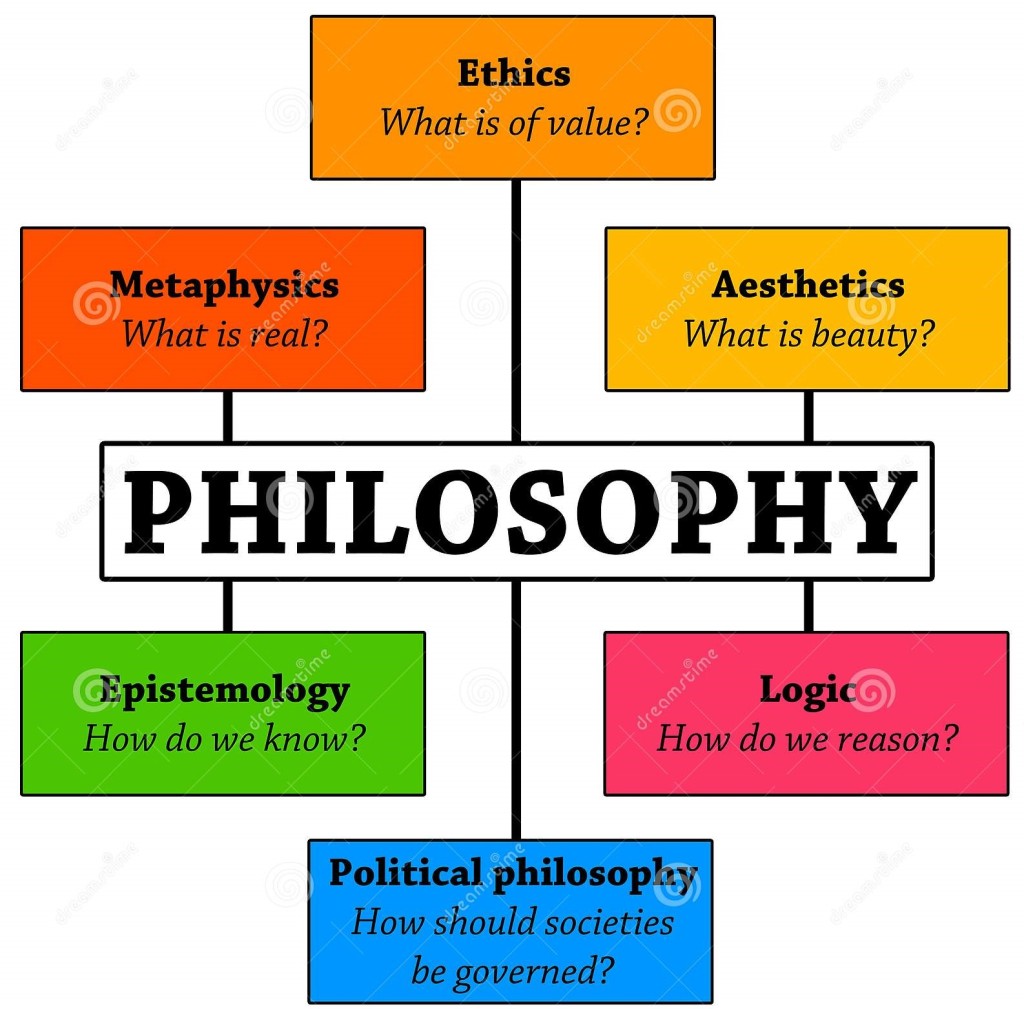[I.]: Philosophy is a field of study or academic discipline that “seeks to uncover the nature, root, and meaning of life, being, reality (metaphysics), ethics, and knowledge (epistemology).” Given that definition, philosophy has a broad purview that often overlaps and interacts with many others (psychology, economics, biology, physics, etc.).
Continue readingOne of the Hardest Philosophy Quizzes EVER
1 . Which philosopher worked as:
(i) a lens grinder?
(ii) a mercenary?
(iii) a hospital orderly?
(iv) a cashier in a bank?
(v) a newspaper editor?
(vi) a judge?
(vii) a police commissioner?
(viii) a librarian?
(ix) a headmaster?
(x) a bishop?
Summary: Einstein vs. Logical Positivism by Rossen Vassilev Jr.
The original article can be found at: https://philosophynow.org/issues/133/Einstein_vs_Logical_Positivism
Vassilev begins his article by pointing out that Logical Positivism was a philosophical movement that originated in the 1920s. Arguably its most critical mission was to establish the same methodology of science and mathematics for other fields, particularly philosophy. The logical positivists dismissed any and all ‘non-scientific’ speculation from genuine analysis or explanation. They insisted that such statements were literally meaningless; only statements that could be logically verified or corroborated through experiment/observation have meaning. This was known as the Principle of Verification (or Verification Principle) and was the driving philosophical and epistemological force behind the Vienna Circle (a particularly influential group of logical positivists).
According to the Principle of Verification, the meaning of any statement lies in its method of verification. Moreover, statements about, say, God or art or ethics would all suddenly be technically meaningless according to the logical positivists. Logical positivists were excited at this prospect because they were very much committed Naturalists. But not all philosophers were on-board with their philosophical approach or its underlying intentions.
Continue reading →
